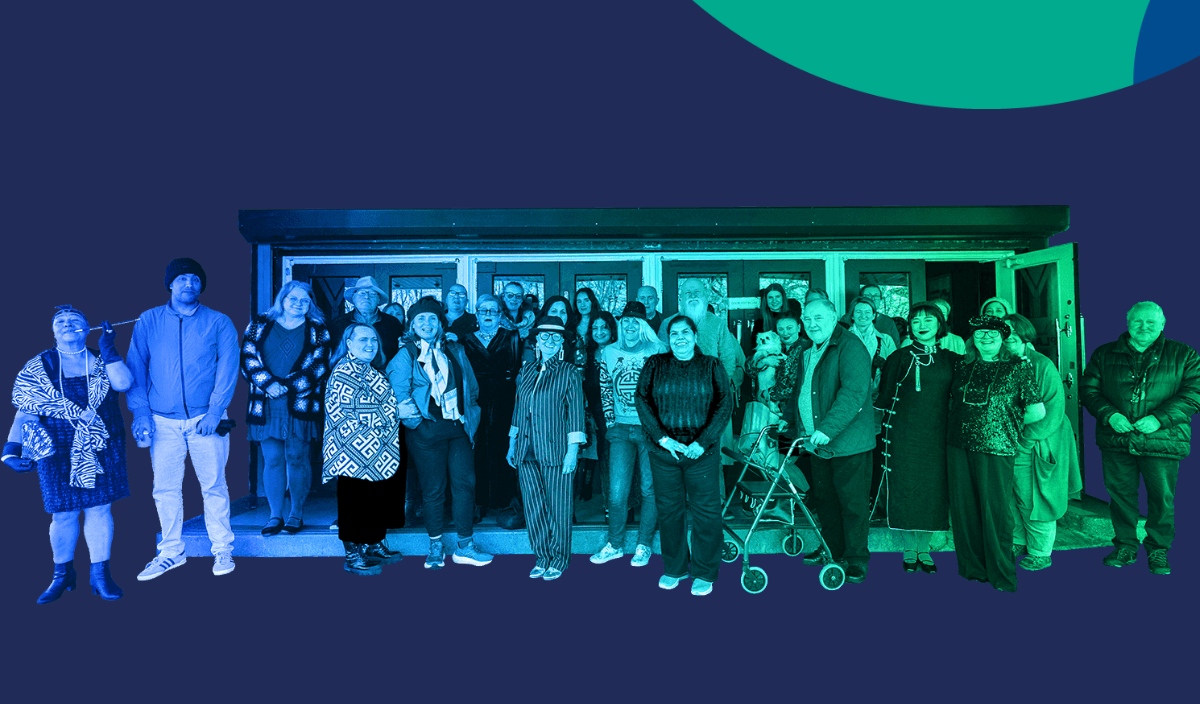During Brain Awareness Week, learn more about headaches and migraine
By Dr Nicholas Silver, Consultant Neurologist, The Walton Centre NHS Foundation Trust
Headache disorders are some of the most common medical problems and potentially the most disabling.
The World Health Organisation considers migraine to be one of the most disabling disorders and that’s why it’s good to learn more during Brain Awareness Week.
To outsiders, headaches may appear relatively invisible so sufferers may not be taken seriously.
Migraines may cause different symptoms from pain in the head, neck, face, jaw, or teeth (occasionally in other parts of the body).
Other symptoms include increased sensitivity to noise, light or smell, nausea, red/runny/puffy eyes, blocked/runny nose, ear fullness, dizziness or vertigo, fatigue, bowel disturbance, restless legs, insomnia and mood or memory disturbance.

It’s worth seeking medical attention if headaches are frequent, worsening or cause symptoms that worry you. Find advice in the Comprehensive Migraine Guide
What can sufferers do?
More than 40 per cent of patients with severe and frequent migraine benefit from stopping painkillers and triptans and caffeine – decaffeinated drinks and white chocolate are okay.
Initial worsening of headaches, sleep and mood is a good sign for long-term potential to improve and then potentially respond to treatments. Don’t suddenly stop opiates but ask your doctor for advice on reduction. Do the same if you have pain relief for conditions like back pain or fibromyalgia.
Other advice includes drinking plenty of fluids and regular eating and bed-times.
Keep a headache diary. See your GP if headaches aren’t improving or are causing problems with normal functioning. There are preventative treatments from tablets to nerve stimulators and injection therapies.
For advice see The Migraine Trust, OUCH UK, and The Brain Charity.



